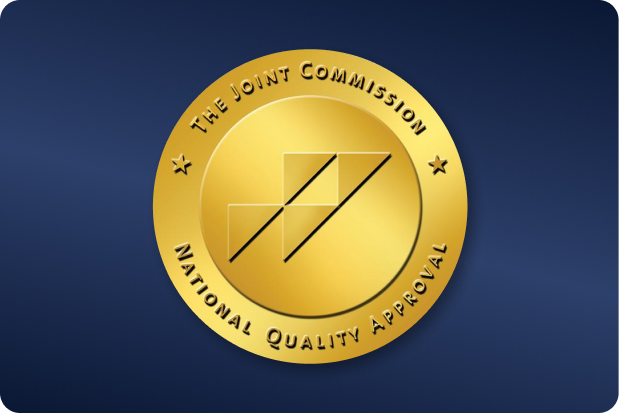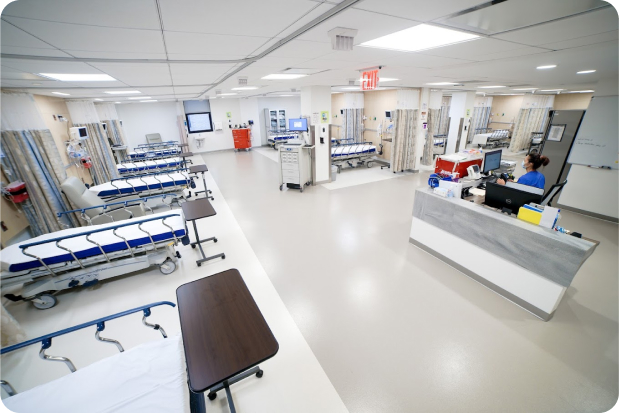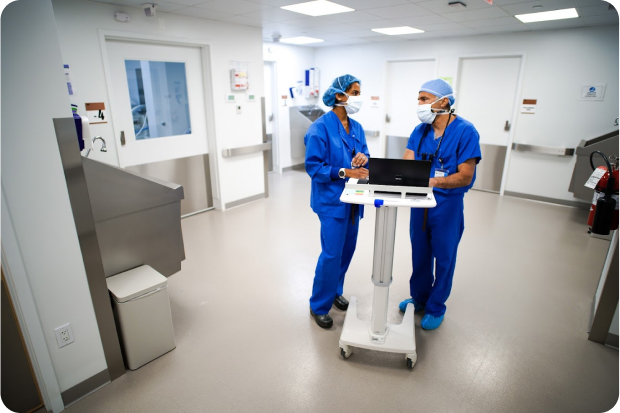 OUR LOCATIONSCall to book (212) 604-1300
OUR LOCATIONSCall to book (212) 604-1300
 OUR LOCATIONSCall to book (212) 604-1300
OUR LOCATIONSCall to book (212) 604-1300
Table of contents
Endoscopic discectomy is an outpatient, minimally invasive spine surgery performed to treat disc problems causing back and leg pain. The unique feature of this technique is the technology used to access the spine; through a keyhole incision, the surgery is performed using an endoscope.
The endoscope is a flexible or rigid tube with a tiny camera at the end. The endoscope provides the surgeon with an excellent view of the disc and associated structures. The enhanced view allows the surgeon to select the part of the disc that needs to be removed. Rather than cutting through tissue to access the spine, dilatation tubes gently separate soft tissue and are graduated in size to enlarge the surgical field.
People with nerve root damage caused by disc compression are good candidates for this minimally invasive procedure as it effectively relieves the compression. If you are experiencing severe pain and discomfort due to a herniated or compressed disc in your lower back, you may be eligible for this surgical procedure. Our team of spine specialists in New York City typically use conservative treatments for most patients first, leaving surgery as a last resort.
Additionally, people who have sciatica pain that persists despite painkiller injections or other conservative treatments may find relief through a microendoscopic discectomy. This procedure can also benefit patients with spinal stenosis and arthritis in the lower back.
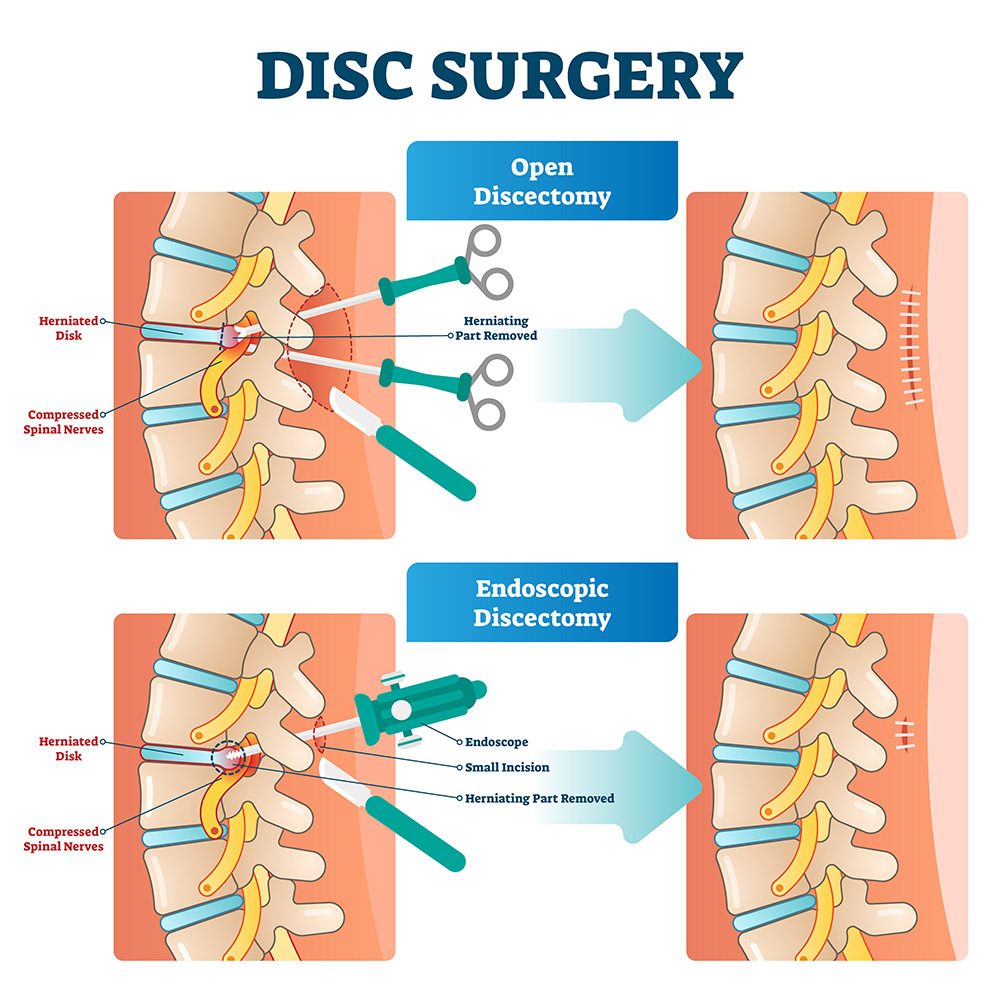
Endoscopic discectomy includes both Selective Endoscopic Discectomy™ (SED) and YESS™ (Young’s Endoscopic Spine Surgery System), which include:
Diseases such as degenerative disc disease (DDD), disc herniation and disc protrusion can lead to oppression or compression of spinal nerves, resulting in pain in the lower back, buttocks and legs. Other neurological symptoms may include numbness, tingling and weakness in one or both legs. The main goal of an endoscopic discectomy is to relieve nerve oppression, relieve symptoms and allow a quick resumption of normal daily activities.
It is important to note that not all patients with DDD or disc-related problems require spinal surgery. Dr. Stieber may recommend endoscopic spine surgery if conservative treatment does not help relieve symptoms, if there is a gradual worsening of neurological symptoms or pain, or if neurological dysfunction such as numbness, loss of function or weakness persists.
After surgery, the patient is transferred to a recovery room. Here, nurses and other medical personnel carefully monitor the patient’s vital signs, such as pulse, breathing, blood pressure and pain. It is normal for patients to experience some discomfort after surgery, so they are given pain medication intravenously through an IV or orally. Once the patient is conscious and has permission from Dr. Stieber, they are discharged home the same day as the surgery.
Our New York pain management clinic offer innovative treatments for back pain in NYC. Stop suffering from chronic lower back and spine pain. Contact us today and meet with a doctor that will help locate your source of pain and effectively treat it to improve your quality of life.
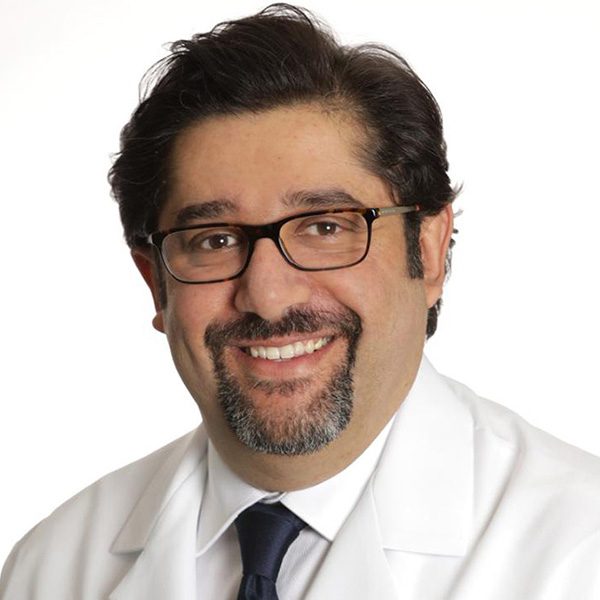





New York Pain Care
20 Squadron Blvd, Suite 290
New City, NY 10956
(212) 242-8160



